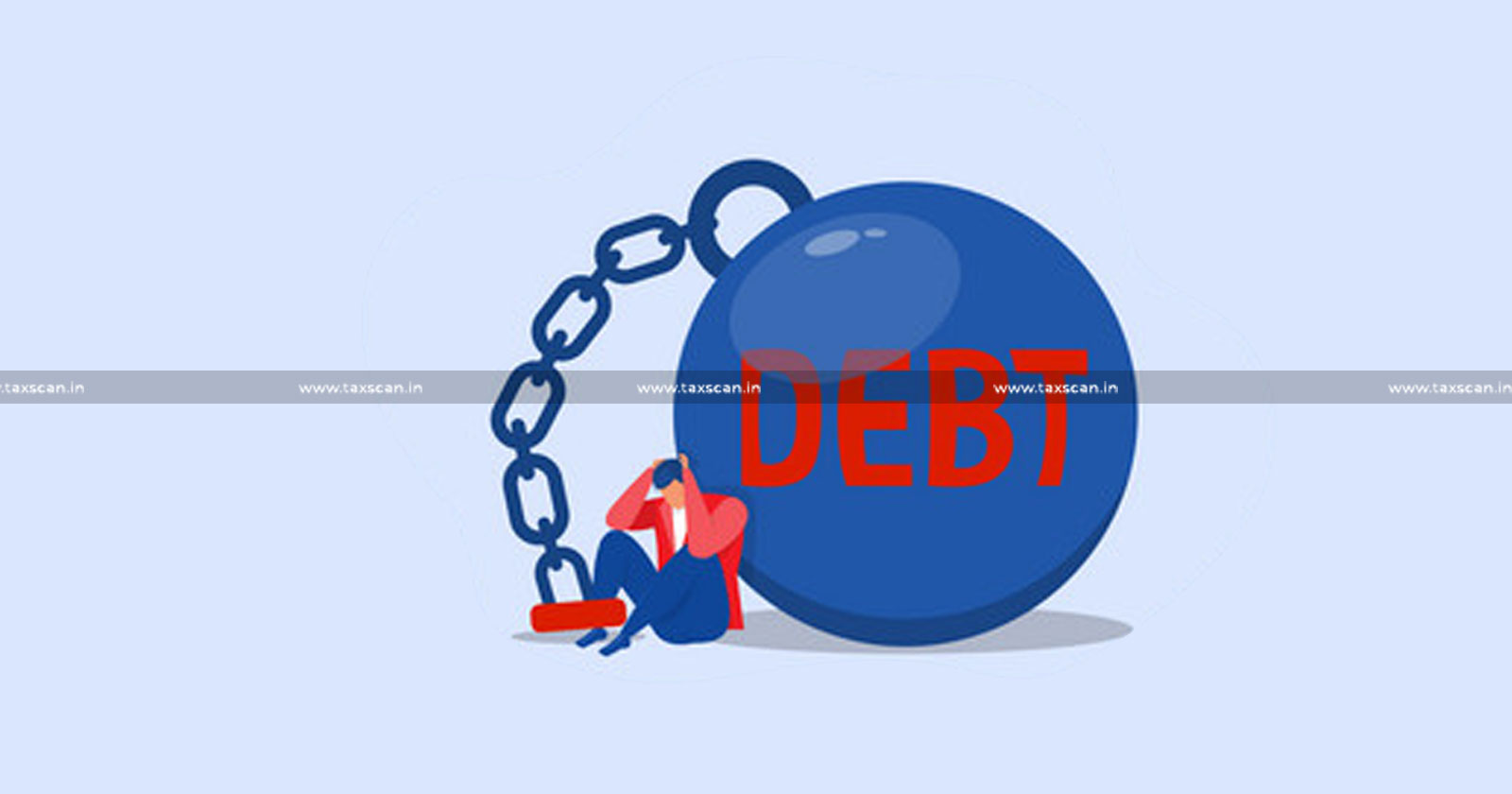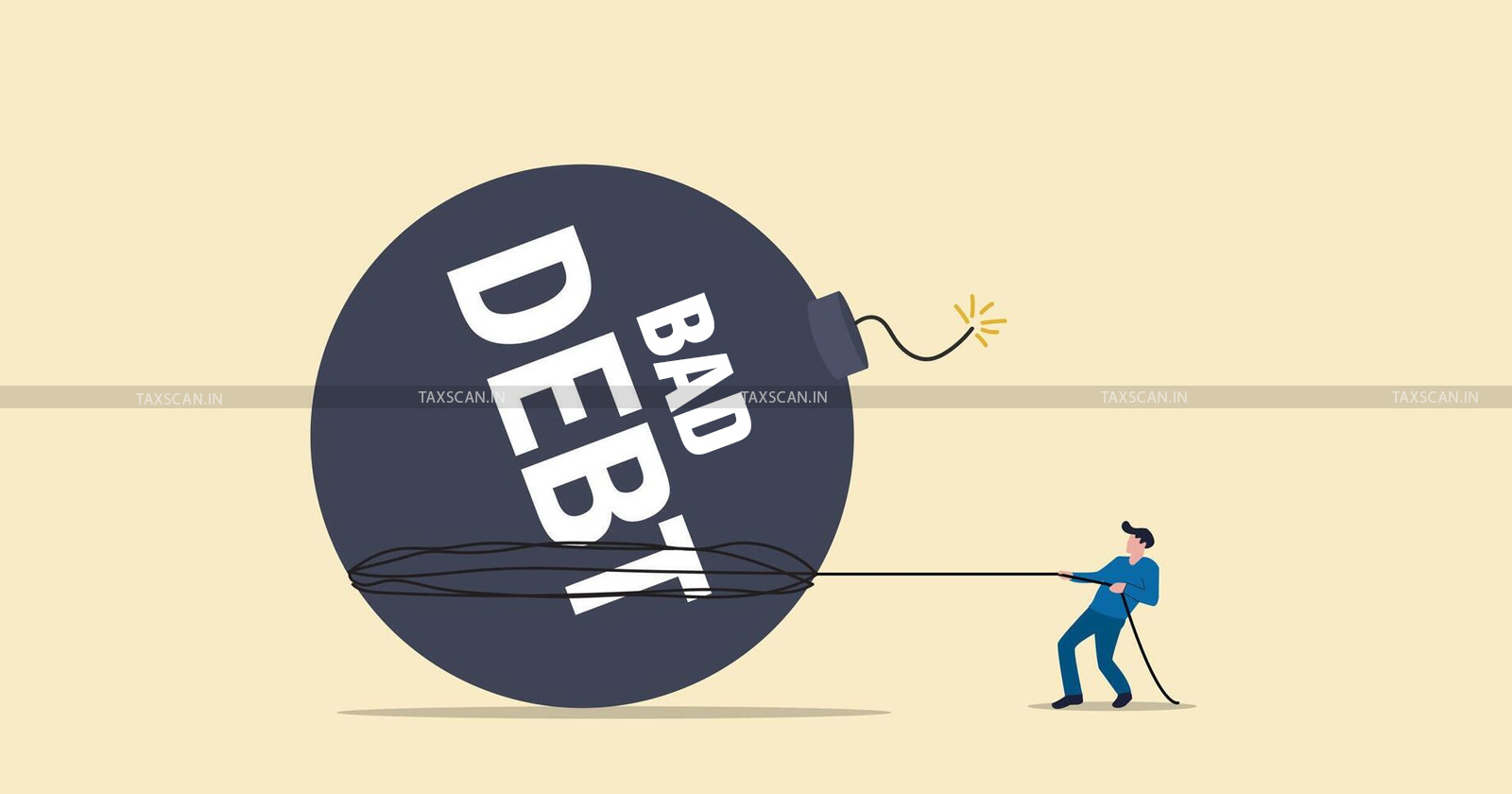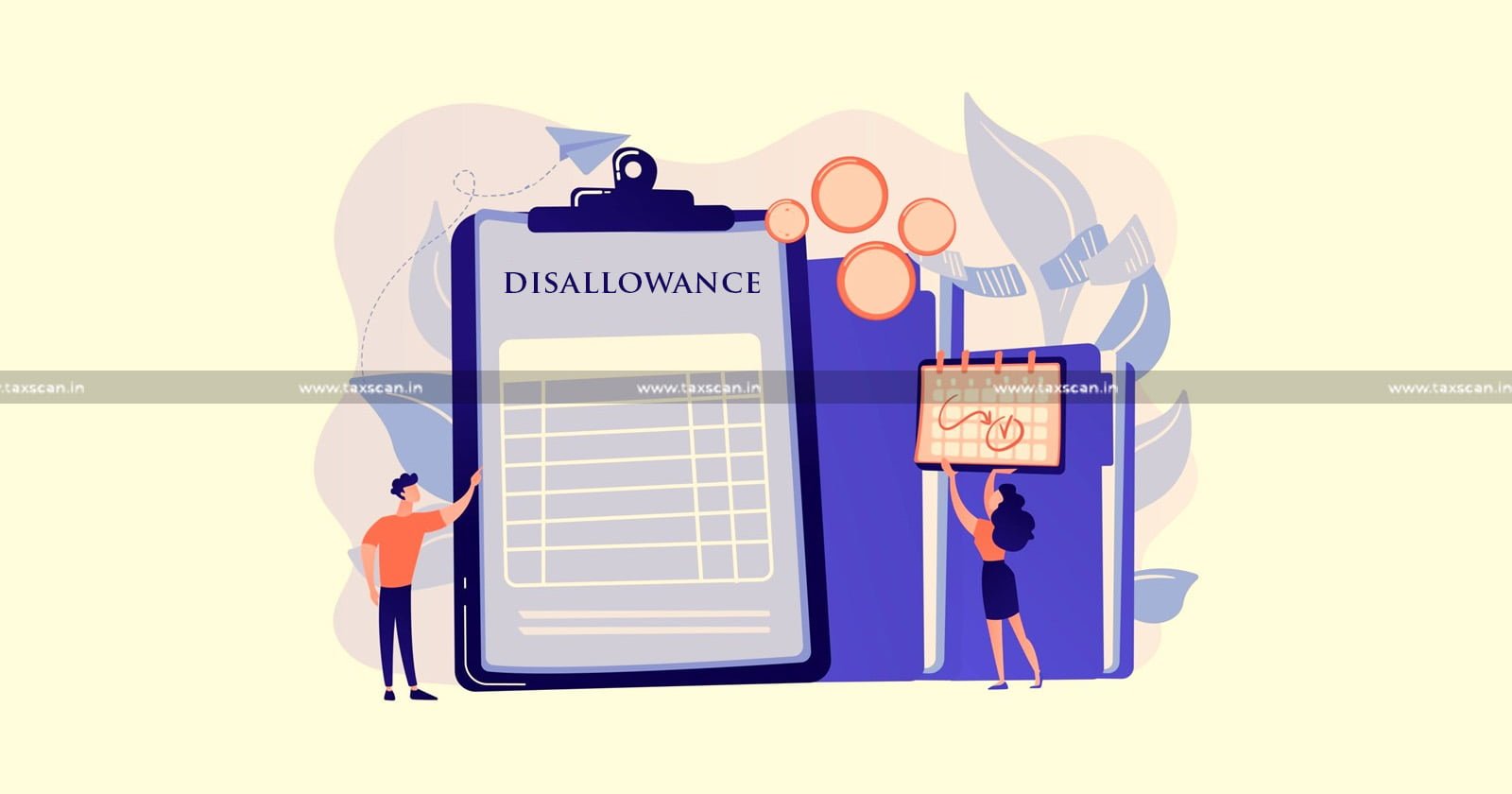ITAT Permits Schindler India to Exclude ₹1.09 Crore Written-Off from Book Profits noting it was Actual Bad Debt [Read Order]
The Bench noted that the disputed amount was not merely debited as an expense but was also reduced from the debtors' balance in the balance sheet, constituting a genuine write-off.
![ITAT Permits Schindler India to Exclude ₹1.09 Crore Written-Off from Book Profits noting it was Actual Bad Debt [Read Order] ITAT Permits Schindler India to Exclude ₹1.09 Crore Written-Off from Book Profits noting it was Actual Bad Debt [Read Order]](https://images.taxscan.in/h-upload/2025/08/26/2080585-itat-itat-mumbai-bad-debt-bad-debt-schindler-india-taxscan.webp)
The Mumbai Bench of the Income Tax Appellate Tribunal (ITAT) recently permitted elevator and escalator manufacturing giant Schindler India Private Limited (Schindler) to exclude an amount of ₹1,09,72,163 which was written-off by the company as bad and doubtful debts from its book profits for the purpose of determining Minimum Alternate Tax (MAT) under Section 115JB of the Income Tax Act, 1961.
 Also Read:PCIT Adds Rs.1.67 Crore Doubtful Debts to Book Profit u/s 115JB: ITAT Reverses Recognizing Actual Write-Off [Read Order]
Also Read:PCIT Adds Rs.1.67 Crore Doubtful Debts to Book Profit u/s 115JB: ITAT Reverses Recognizing Actual Write-Off [Read Order]
Complete Clause by Clause Checklist for Form 3CD, Click Here
Schindler India had instituted two appeals before the ITAT, which pertained to the assessment year (A.Y.) 2013-14 and 2014-15.
Numerous grounds were raised by the appellant before the Tribunal, however not all of them were pressed and some were dismissed. The instant issue is centered around an addition made by the Assessing Officer (AO) on the grounds that bad and doubtful debts were to be added back to the book profits as per clause (i) of the Explanation to Section 115JB, which mandates the addition of provisions for diminution in the value of any asset to net profits for MAT calculation.
Ajay Chandra, appearing for the Revenue relied on the order of the AO where it was reasoned that the amount constituted a diminution in the value of sundry debtors and thus should be considered a provision addition in book profits.
 Also Read:ITAT Allows Bad Debt Write-Off w/o Proof of Irrevocability, Protects Legitimate Transactions [Read Order]
Also Read:ITAT Allows Bad Debt Write-Off w/o Proof of Irrevocability, Protects Legitimate Transactions [Read Order]
The applicant, represented by Chandani Shah and Nidhi Agarwal contended that the amount represented an actual write-off from the debtors' balance; the claims were supported by the audited financial statements where the provision was debited to the profit and loss account and simultaneously reduced from the gross trade receivables in the balance sheet, indicating an actual write-off rather than a mere provision.
Reliance was placed on the decision of the Karnataka High Court in case of CIT vs. Kirloskar Systems Ltd. (2013) and the decision of the Gujarat High Court in CIT vs. Vodafone Essar Gujarat Ltd. (2017), all of which relied on the Supreme Court decision in Vijaya Bank vs. CIT (2010) where it was noted that bad and doubtful debts which amount to an actual write off would not be hit by clause (i) of the Explanation to section 115JB of the Act and therefore could not be added while computing book profits.
The ITAT Bench of Vikram Singh Yadav, Accountant Member and Sandeep Singh Karhail, Judicial Member observed that the disputed amount was not merely debited as an expense but was also reduced from the debtors' balance in the balance sheet, constituting a genuine write-off.
Affective Ways Of Tax Planning for HUF, Partnership Firm and Will - Click Here
 Also Read:ITAT Deletes Disallowance made by AO without undertaking Independent Inquiry u/s 133(6) of Income Tax Act [Read Order]
Also Read:ITAT Deletes Disallowance made by AO without undertaking Independent Inquiry u/s 133(6) of Income Tax Act [Read Order]
The Bench noted that the definition of “provision” under Schedule VI of the Companies Act includes amounts written off, and the book profits under Section 115JB are computed in accordance with the Companies Act; the Bench also appreciated the decisions given by the higher courts that such actual write-offs are excluded from additions to book profits under Section 115JB.
Consequently, the ITAT held that the addition of ₹1,09,72,163 to book profits for MAT was not justified and allowed the appeal on this ground.
Support our journalism by subscribing to Taxscan premium. Follow us on Telegram for quick updates

